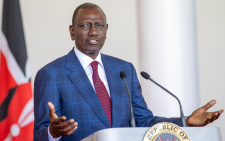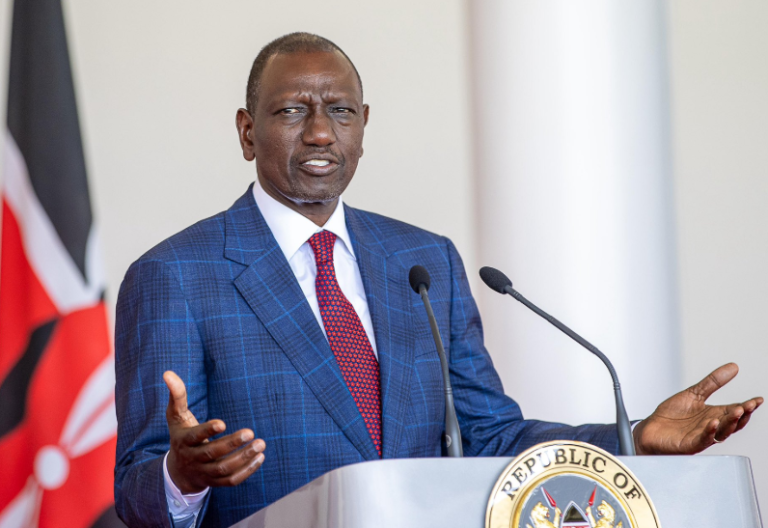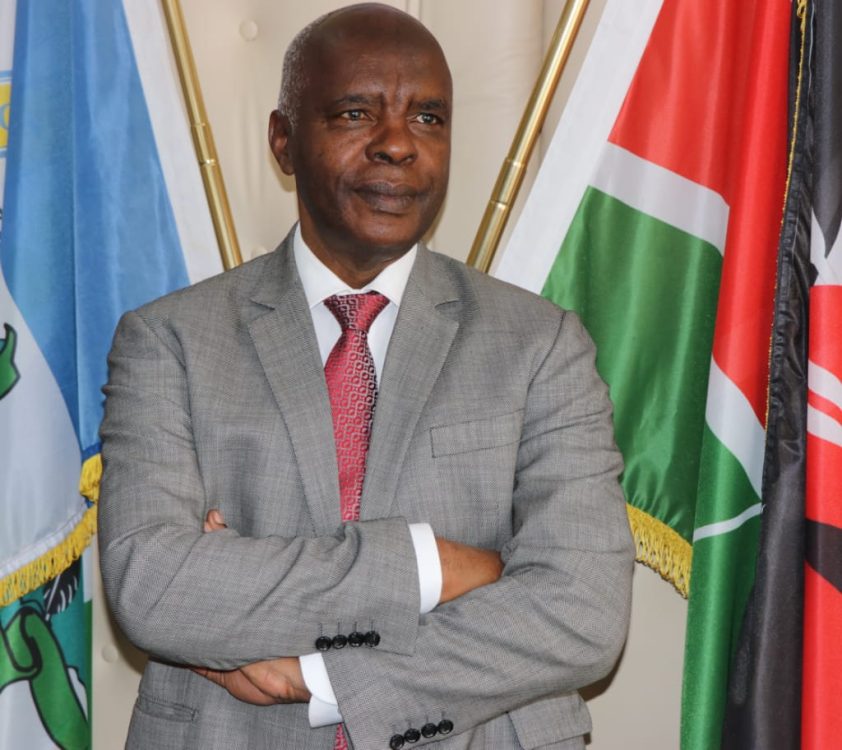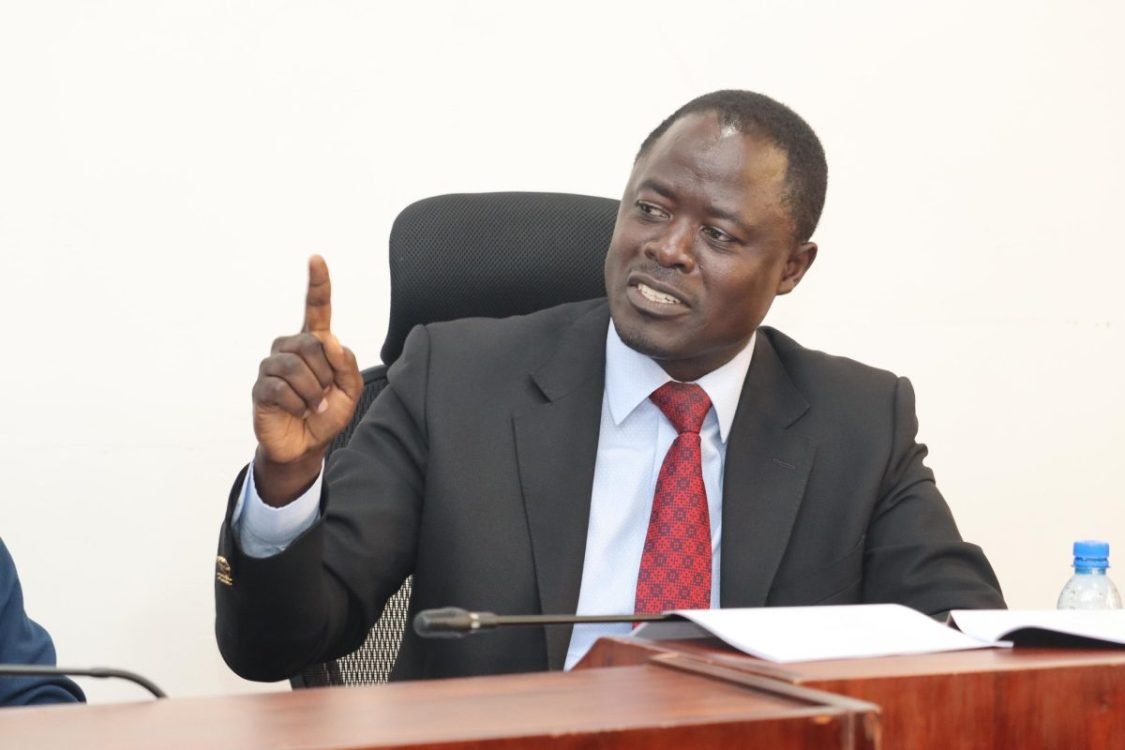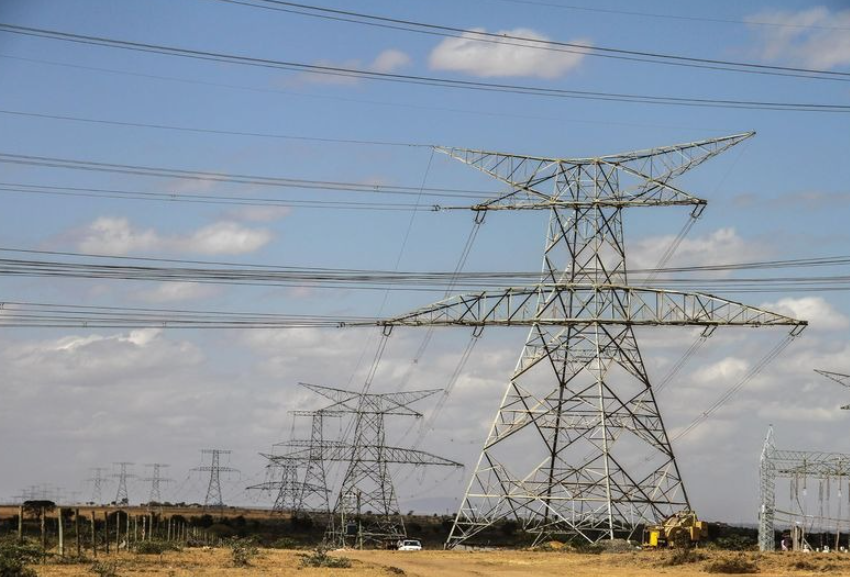Children vaccine shortage spreads as doses dry up

The shortage of vaccines for children is now spreading rapidly across all counties in the country as the few remnants of doses on hospital shelves are drying up.
According to the Kenya Paediatric Association (KPA), this crisis is now threatening the health and future of 1.6 million infants, and a similar number of pregnant women. This follows months of stock-outs that have been attributed to unpaid debts to global suppliers by the government.
In a statement, KPA posted on its LinkedIn page, the association also raises alarm that the shortages also affect the availability of the essential Human papillomavirus (HPV) vaccine, putting 750, 000 Kenyan girls aged 10 years at risk.
Reducing mortality
KPA national chairperson, Dr Supa Tunje argues that the political commitment that put Kenya on the driving seat as a regional leader in championing child health, reducing mortality by more than half, from 96 per 100,000 in 1993 to an estimated 41 per 100,000 in 2022, is shrinking considerably.
“Recent data shows that the proportion of fully vaccinated children in Kenya rose from 59 percent in 1989 to an impressive 80 percent in 2022, accounting for a significant decline in diseases, like polio, tetanus, diphtheria, whooping cough, diarrhoea, pneumonia, and measles,” said Tunje as latest reports from Baringo county shows a severe shortage of essential vaccines there putting the health of children and pregnant mothers at risk of severe infections.
The reports further indicate that the available stocks may not last a month from today.
As this is happening, he regrets that the hard-earned progress is now in jeopardy. On the floor of the National Assembly, is a proposal by the National Treasury to slash the immunisation budget from the current (2023/24 Financial Year) approved estimates of Sh9.8 billion for the period in review to Sh9.4 billion in February.
This means a budget reduction of Sh463,135,384 in the Supplementary budget FY 2023/2024 from Sh9,892,774,930 to Sh9,429,639,546.
“Budget cuts and unpaid debts to vaccine suppliers have triggered a shortage of essential vaccines for our most vulnerable: newborns and children under five,” added Dr Tunje.
A fortnight ago, Health Cabinet Secretary, Susan Nakhumicha, publicly admitted that the shortage has largely been occasioned by a debt owed to the likes of the United Nations International Children’s Emergency Fund- UNICEF and Gavi, the Global Vaccine Alliance of close Sh2 billion for supplies to be made.
Advanced stages
However, Harry Kimtai, the Principal Secretary, Medical Services, assured the public last week that the Ministry of Health and National Treasury were at advanced stages of addressing the problem.
While responding to the biting shortage of the basic vaccines across the country, he revealed that already Sh1.3 billion has been set aside to urgently procure routine antigens and replenish the lifesaving vaccines in the health facilities.
Reports from the communities indicate that almost all health facilities are running on empty in the vaccine stores.
“We are closely engaging with UNICEF to expedite the delivery of vaccines ordered after the last payment,” Kimtai said.
The Council of Governors has already sounded an alarm, with some counties reporting outbreaks of vaccine-preventable diseases.
Immeasurable returns
Childhood vaccination, according to studies, is a proven and cost-effective way to prevent disease, and yields immeasurable returns. It not only curbs the spread of deadly infections within families, and communities but also lessens the risk of severe long-term health consequences like mental and physical disabilities.
This is not the case for mothers in Baringo County though.
Betsy Toroitich was forced to walk long distances in search of vaccines. Toroitich travelled 60 kilometres in Baringo North to Baringo County Referral Hospital, hoping to find the necessary immunizations for children.
“Travelling is not easy when looking for a facility. Being a vast County,” she said.
Another mother, Brony Kisor, says she had to walk from Turwko in Baringo Central, and on top of the distances covered; getting the vaccine when they reach there is another challenge.
“We get worried that our children might have health complications, and this will make our life difficult since we shall have to look after our sick children and at the same time provide for them,” she added.
Kisor urged the government to ensure the vaccines are available to hospitals especially those in local areas where they are mostly affected with these challenges.
Baringo County Chief Officer of Health, Winnie Bore, confirmed that stocks of Yellow Fever and BCG vaccines are also running low, exacerbating the crisis.
“The number of Yellow Fever and BCG vaccines is also running and if there is no supply in the near future, a crisis may arise,” she said.
According to Gerishon Abakalwa, a medic at Baringo County Hospital, the current stocks of child vaccines may not last until the next time the shelves are restocked.
“What we have may not run us up to mid-June when the regional store told us they will be available,” he stated. According to Abakalwa the problem is not only a Baringo problem, but a regional one.
While revisiting the budget cuts, Dr. Tunje noted they undermine the Government’s commitment to attaining Universal Health Coverage (UHC) and could reverse the decline in childhood mortality and rates of disease.
“Kenya has long been a regional leader in championing child health, reducing. This remarkable achievement, built on decades of political commitment and robust child health programs, has protected countless diseases,” he said and emphasised the Association’s urgent call to action.
The Association wants a decisive action to address ongoing vaccine shortages through supplementary budgetary allocations by the National Treasury.
“We also want urgent restoration and increase of stocks, and ring-fencing the funding for vaccine procurement and distribution, ensuring no child is left unprotected from disease due to budgetary constraints.
“There is a need for the government to uphold our funding commitments to UNICEF and GAVI securing sustainable vaccine supplies for years to come,” Dr. Tunje added.
He pointed out that ensuring consistent and adequate vaccine supplies is not just a health priority, but a critical investment in Kenya’s future. “We must never waver in our commitment to the health and wellbeing of the Kenyan child,” he said.
The economic impact of increased disease prevalence would be devastating, diverting resources from prevention to the costly treatment and management of preventable diseases.
